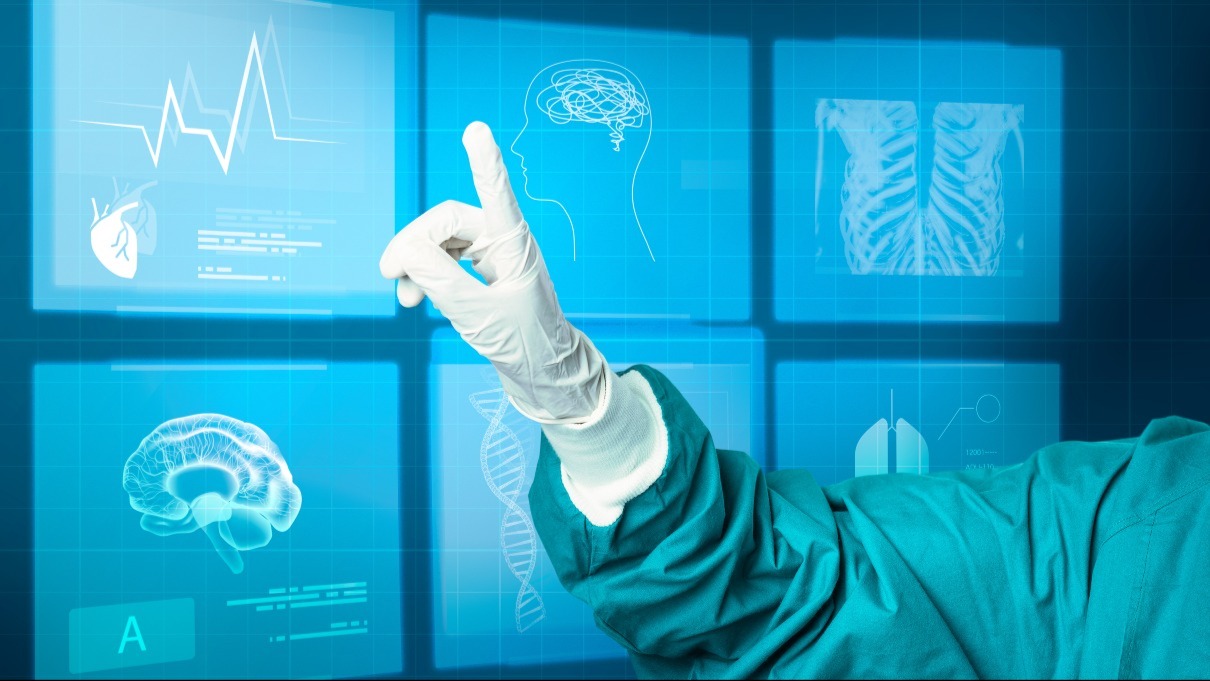Introduction
Artificial Intelligence (AI) has rapidly evolved, transforming various industries. One sector that has seen a significant impact is healthcare. AI's potential to revolutionize medical practices, improve patient outcomes, and enhance overall healthcare delivery is immense. Let's delve into the fascinating world of AI in healthcare.
AI Applications in Healthcare
-
Drug Discovery and Development:AI-powered tools are accelerating drug discovery by analyzing vast amounts of biological data to identify potential drug targets. Machine learning algorithms can predict drug interactions and side effects, streamlining the development process and bringing life-saving medications to market faster.
- Medical Imaging:AI-powered image analysis tools can detect abnormalities in medical images like X-rays, MRIs, and CT scans with greater accuracy and speed than human radiologists. This early detection can lead to timely interventions and improved patient outcomes.
- Personalized Medicine:AI enables personalized medicine by analyzing a patient's genetic makeup, medical history, and lifestyle factors to develop tailored treatment plans. This precision medicine approach can optimize treatment outcomes and minimize side effects.
- Robotic Surgery:Robotic surgery systems, guided by AI algorithms, offer greater precision and flexibility than traditional surgical techniques. These systems can perform complex procedures with minimal invasiveness, leading to faster recovery times and reduced patient discomfort.
- Mental Health:AI-powered mental health apps can provide personalized support and therapy, making mental healthcare more accessible. These apps can track mood patterns, offer cognitive-behavioral therapy techniques, and connect users with mental health professionals.
Ethical Considerations and Challenges
While AI offers immense potential, it also raises ethical concerns. Ensuring data privacy and security is paramount, as patient data must be protected. Algorithmic bias is another challenge, as AI systems trained on biased data can perpetuate discriminatory outcomes. Addressing these issues is crucial to ensure the ethical and responsible use of AI in healthcare.
The Future of AI in Healthcare
The future of AI in healthcare is bright, with exciting advancements on the horizon. AI-powered wearable devices will monitor patient health in real-time, enabling proactive interventions. AI-driven drug discovery will accelerate the development of new treatments for diseases like cancer and Alzheimer's. Additionally, AI-powered virtual assistants will provide personalized healthcare advice and support.
Conclusion
AI is poised to revolutionize healthcare, improving patient outcomes, reducing costs, and enhancing the overall quality of care. By addressing ethical concerns and embracing innovation, we can harness the power of AI to build a healthier future.



